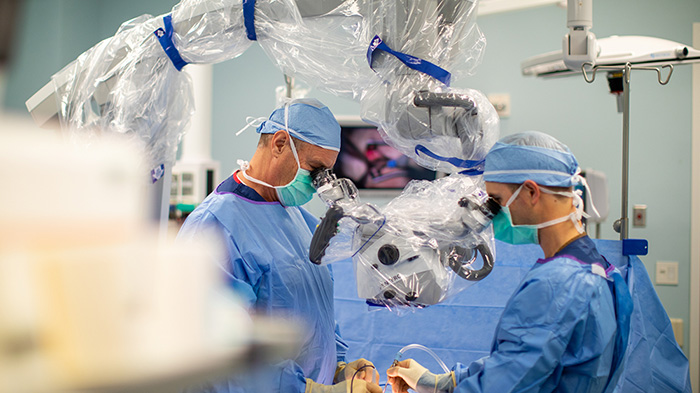Spine surgery is a serious procedure to undergo, so it makes sense why patients may consider getting a second opinion for additional insights in order to make a well-informed decision about their treatment. Oftentimes, patients suffering from chronic back and/or neck pain are told the only option is an invasive procedure, but that’s not always the case. DISC strictly follows a conservative care strategy where least invasive treatments are tried first, but other groups may not adhere to the same treatment strategies.
Video: How DISC Helps Patients Overcome Pain
Getting a second opinion for spine surgery can serve as a valuable tool for making well-informed decisions about your health. Here are eight situations where you might consider seeking a second opinion for spine surgery:
1. You may need to undergo a complex procedure:
If the suggested spine surgery is considered complex, obtaining a second opinion for treatment options can offer you alternative perspectives on the necessity and potential outcomes of the surgery. Oftentimes, less invasive procedures can be the right solution.

2. You’re unclear about your diagnosis:
If you feel uncertain about the diagnosis or the recommended treatment plan, getting a second opinion can help confirm or clarify the information, ensuring that you have a comprehensive understanding of your condition so you can make the best decisions for your care.

3. It’s not an emergency:
If your spine condition is not an emergency, it's generally a good idea to take the time to explore multiple opinions. This can help you educate yourself while weighing the pros and cons of different approaches so you can make a more informed decision.
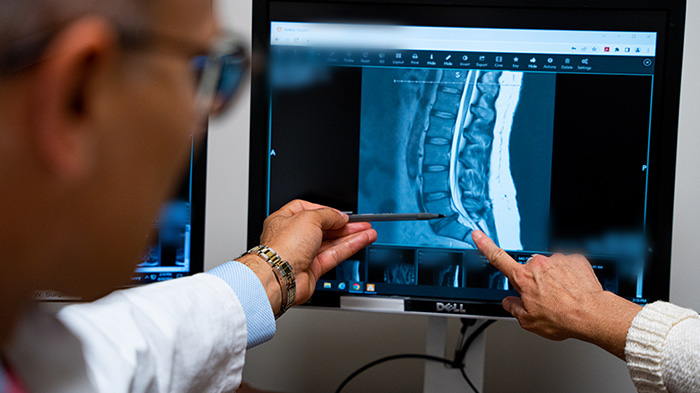
4. You’ve received differing recommendations:
If you have received conflicting recommendations from different healthcare professionals, seeking a second opinion for spine surgery can help you evaluate the best course of action for your specific situation.

5. You have concerns about the proposed treatment:
If you have concerns or doubts about the suggested treatment, discussing these with another specialist can provide you with reassurance or alternative solutions.

6. There’s been a lack of improvement with conservative treatment:
If you've undergone conservative treatments such as physical therapy, medications, or injections without significant improvement, getting a second opinion can help explore whether surgery is the most appropriate next step.
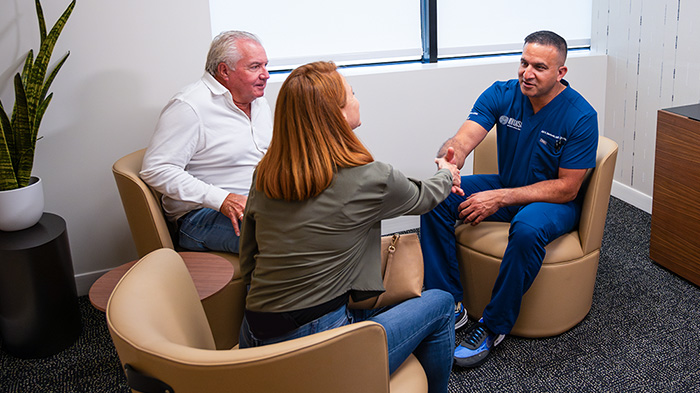
7. You would like to advocate for yourself or a loved one:
Seeking a second opinion for spine surgery is a proactive step that ensures that you are actively participating in the decision-making process for your own health or the health of a loved one. Considering multiple expert opinions can be an empowering step in this advocacy.
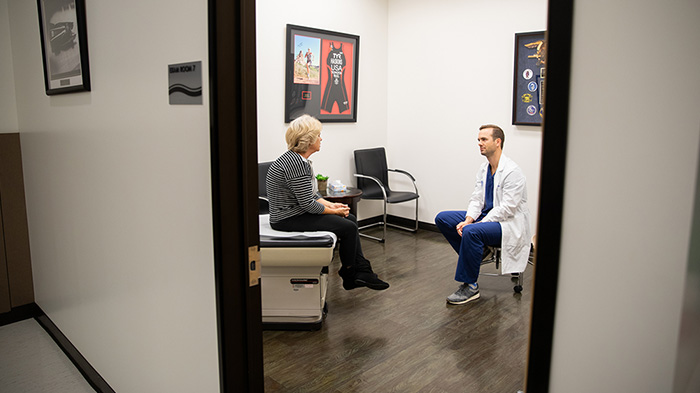
8.You’re researching your condition and its treatment options:
If you are conducting extensive research on your condition and treatment options, consulting with more than one specialist can provide you with a broader understanding of the available choices.
When seeking a second opinion for spine surgery, make sure to provide the new healthcare professional with all relevant medical records, imaging studies, and a detailed medical history. It's essential to communicate openly with both your primary physician and the second opinion specialist to ensure continuity of care.
If you would like to pursue a second opinion, contact one of DISC’s world-renowned specialists so you can feel better-informed and more in control of your care going into spine surgery.
ARTICLE CATEGORIES: Patient Education, Second Opinion, back, neck
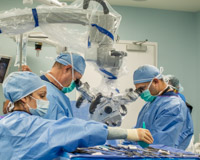
About the author
discmdgroup DISC Sports & Spine Center (DISC) is a national leader in minimally invasive spine surgery, orthopedic surgery, and sports medicine care. Our spine surgeons set the standard in artificial disc replacement, spine fusion, discectomy, microdiscectomy and the full spectrum of spine procedures. The group’s orthopedic surgeons advance the state of joint preservation surgery and total joint replacement, including total knee replacement as well as total hip replacement. Our flagship surgery centers based in Newport Beach, Marina del Rey, and Carlsbad serve patients local to Los Angeles, Orange County and San Diego, as well as the rest of the country. Read more articles by discmdgroup.

